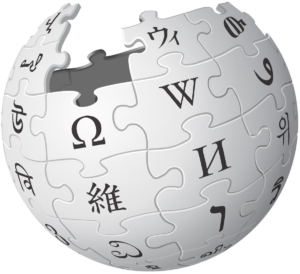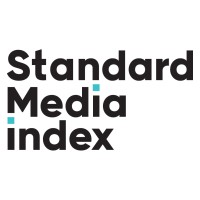Disney to Dethrone Netflix by 2024; Wikipedia to Charge Big Tech for Content
by Grace Dillon on 17th Mar 2021 in News


In today's ExchangeWire news digest: analysts predict that Disney will become the world's biggest streaming company by 2024; the Wikimedia Foundation, have launched a new commercial product that will charge Big Tech for using Wikipedia content; and Australia records lower ad spend during the start of 2021, with digital proving a welcomed exception.
Disney to beat Netflix to title of world's biggest streamer by 2024
Disney is expected to usurp Netflix as the world’s most popular streaming service. The forecast comes after a whirlwind period of growth (helped, in no small part, by COVID-19 lockdown measures) for the Walt Disney Company’s Disney+ platform, which has accrued an astonishing 100 million global subscribers since its launch less than 18 months ago. With further growth across their Hulu and ESPN+ properties, analysts now forecast that the incumbent leader will be forced to forfeit their crown to Disney by 2024.
Having firmly beaten executives’ predictions that it would attract 90 million subscribers after 5 years, Disney’s management have high expectations for the relatively young platform. The company have tripled Disney+’s 2024 subscriber target to 260 million and have doubled their content budget to USD $15bn (£10.8bn). The increased investment will take care of the platform’s comparatively slender supply of content – Disney+ currently offers 4,500 hours of programming compared to main competitors Netflix (40,000) and Amazon Prime (50,000).
Meanwhile, Netflix announced that they breached the 200 million global subscriber mark at the start of this year. The current champ will see this figure rise to 269 million by 2023 and then 279 million in 2024. By this point, however, Walt Disney’s total global subscriber count will have shot to 295 million, predicts Ampere Analysis.
Wikipedia founders launch commercial product for Big Tech
 The Wikimedia Foundation, the owner of internet mainstay Wikipedia, have launched a new commercial offering which will see Big Tech platforms pay to use or republish their content. Named Wikimedia Enterprise, the product will change the decades-long relationship between the free, online encyclopaedia provider and the tech giants who have benefited from their initiative.
The Wikimedia Foundation, the owner of internet mainstay Wikipedia, have launched a new commercial offering which will see Big Tech platforms pay to use or republish their content. Named Wikimedia Enterprise, the product will change the decades-long relationship between the free, online encyclopaedia provider and the tech giants who have benefited from their initiative.
According to sources close to the matter, the firms are already in talks with the Wikimedia Foundation’s newly-established Wikimedia LLC subsidiary. Whilst the priority for the next few months will be gathering responses to the new offering from Wikipedia’s community of volunteers, the foundation could settle deals with the online behemoths as early as June.
Interestingly, Enterprise will break from the foundation’s traditional ideals of a fully accessible internet by hosting the commercial versions of Wikipedia content on Amazon Web Services, and not on their own servers. The Foundation explains that AWS is better equipped to deliver on its customers’ needs, stressing that Enterprise “is not contractually, technically, or financially bound to use AWS infrastructure”.
Whilst the launch points to a new awareness of Wikipedia’s commercial value, the Foundation does not expect Enterprise to become the project’s primary source of revenue. This, they say, will still come from donations, marking a clear intention to preserve the initiative’s foundational values of openness and accessibility.
Digital proves its mettle as Australian ad markets make slow start to 2021
 Australia’s ad markets saw lower investment at the beginning of 2021, according to the latest results from the Standard Media Index (SMI). The industry body reports that continued disruption sparked by COVID-19, including a delay to the Australian Open, created a dip in the markets’ previously steady recovery.
Australia’s ad markets saw lower investment at the beginning of 2021, according to the latest results from the Standard Media Index (SMI). The industry body reports that continued disruption sparked by COVID-19, including a delay to the Australian Open, created a dip in the markets’ previously steady recovery.
In January, total media agency ad spend declined 7.3% and the metro TV market saw bookings fall 5.3%. TV accounted for 37% of total ad spend during the month, with other media contributing a combined 25.4% of total bookings.
Digital advertising remained strong, reporting 1.8% year-over-year growth during the period as social media, programmatic, and online video all registered growth in the double-digits. Compared to other ad markets, digital brought in 32.2% of bookings, a figure which rises to 37.6% if one includes digital ads for traditional media, according to the SMI.
The body anticipates that a return to universal recovery is on the way, with the out-of-home (OOH) market reporting higher demand than that recorded during the same period last year. The sector is expected to see demand rise 4% from March 2020 to March this year, and again by 7% in April.
Ad SpendAustraliaBig TechContentStreaming








Follow ExchangeWire